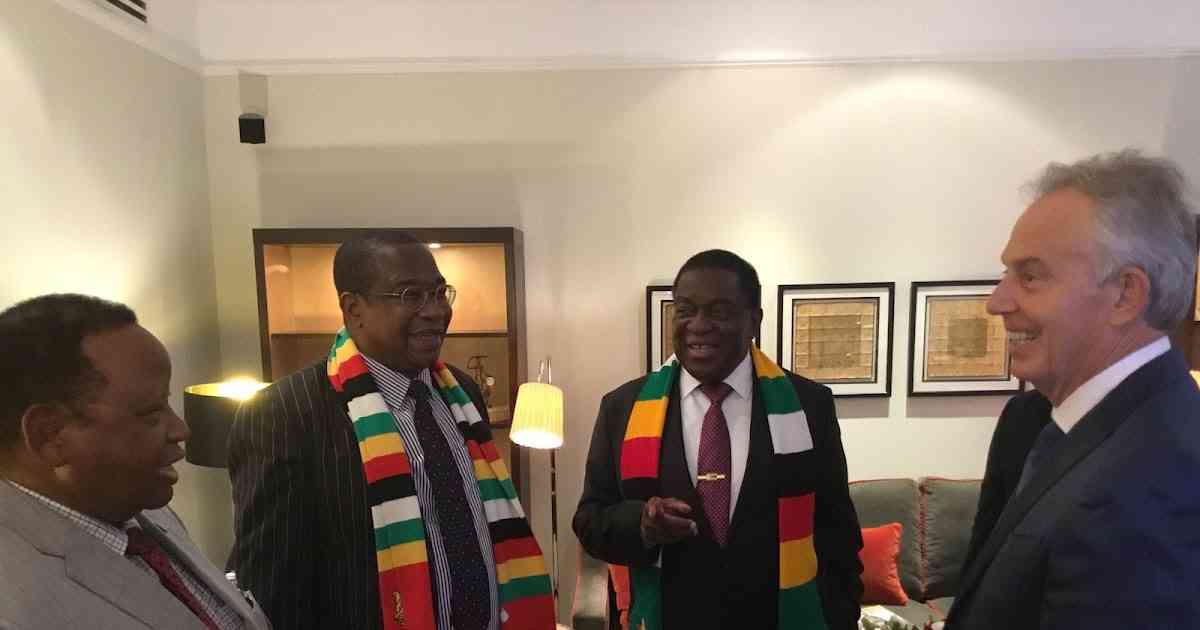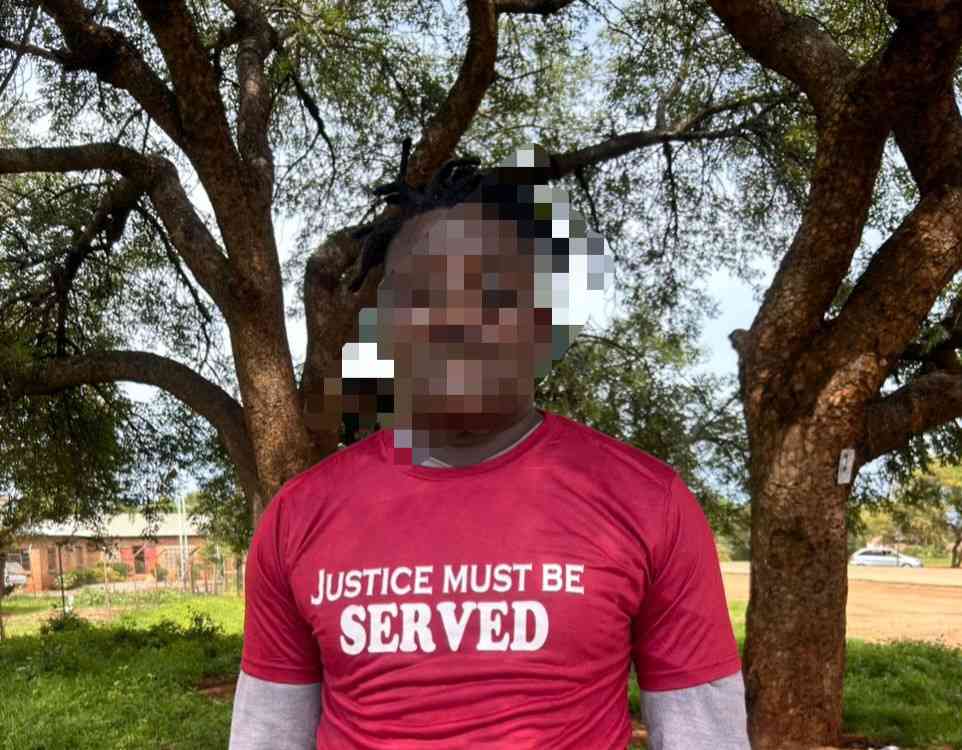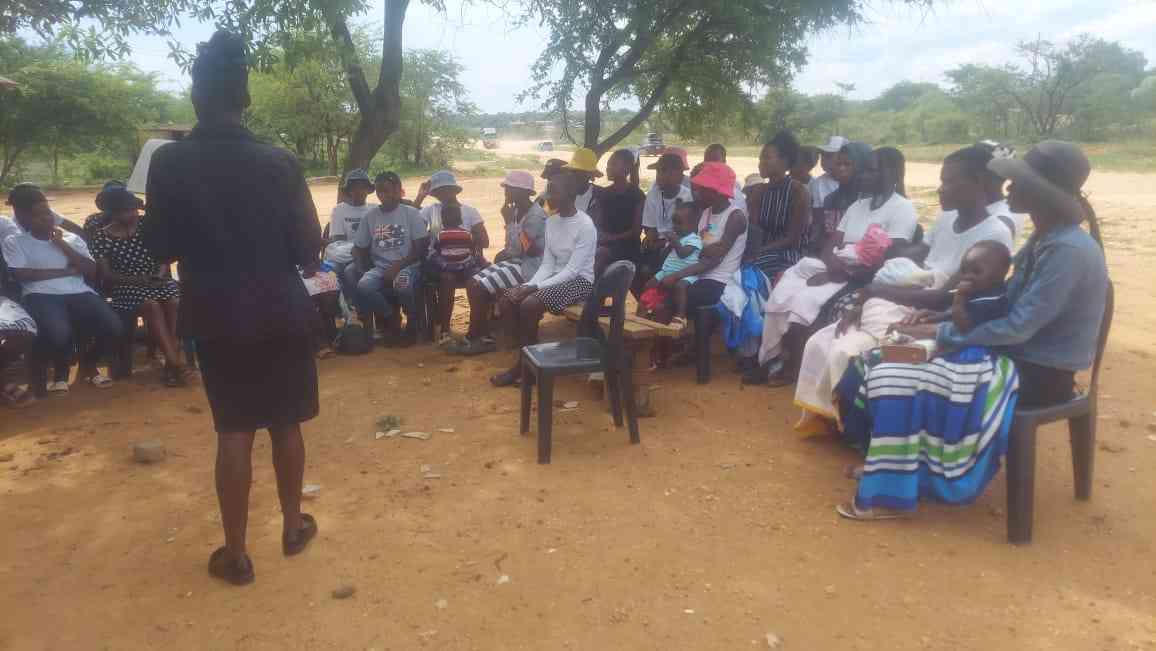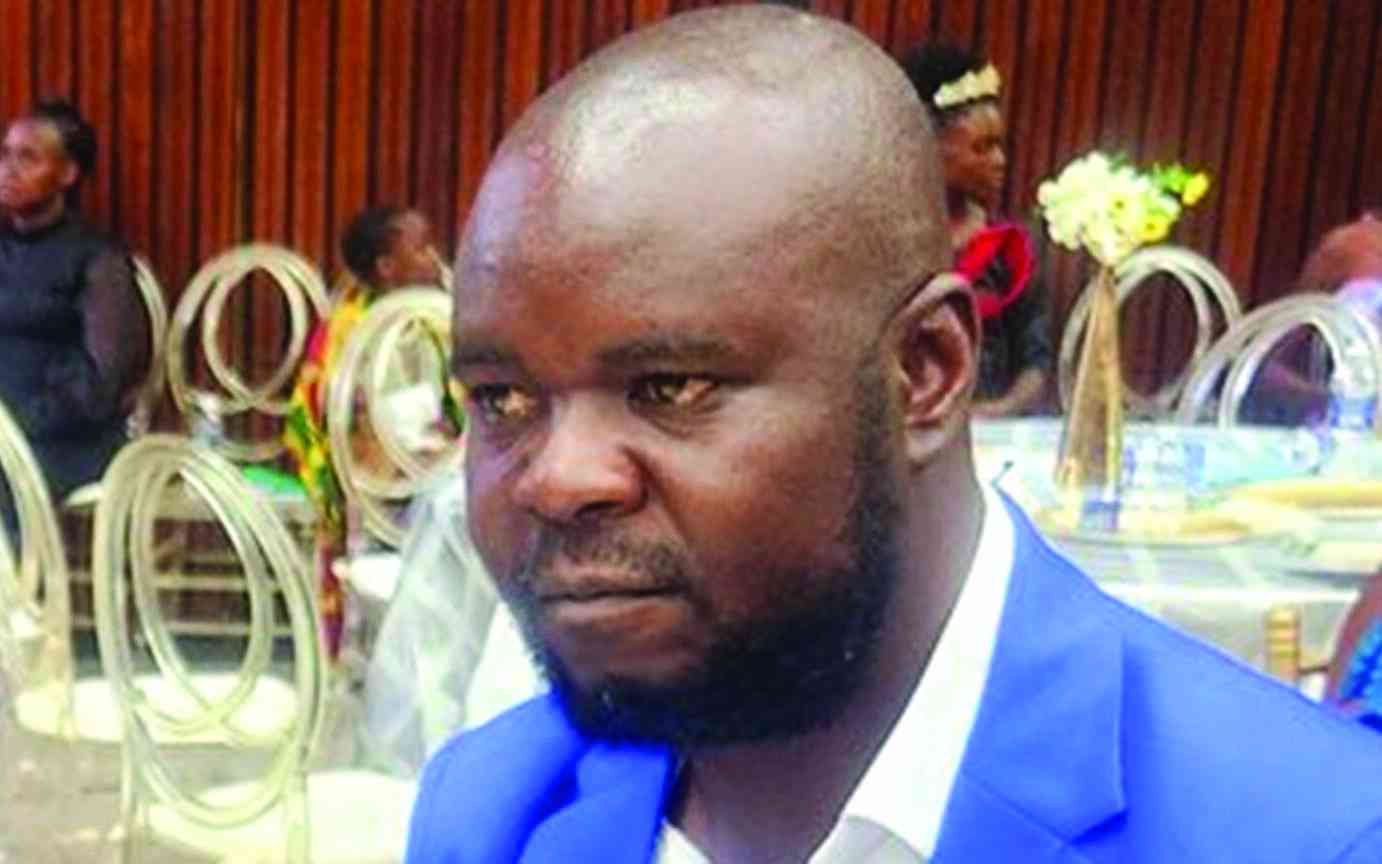
President Emmerson Mnangagwa did not meet any high-level official of the United Kingdom administration when he visited London for the coronation of King Charles III.
In contrast, the likes of Rwanda President Paul Kagame met British Prime minister Rishi Sunak ahead of yesterday’s coronation.
Observers said Mnangagwa’s invite to London, the first in many years for the presidency, was meaningless despite claims by Zanu PF enthusiasts and government officials that the trip signalled thawing of relations.
Zimbabwe had frosty relations with London when the late former President Robert Mugabe was in power over human rights violations.
Mnangagwa embarked on a re-engagement drive after he assumed office in 2017 following a military coup which removed Mugabe, and has even sought the country’s re-admission into the Commonwealth.
Mugabe quit the Commonwealth in 2003 after he was censured at the height of the fast-tracked land reform programme characterised by violence.
Some UK parliamentarians have said Zimbabwe must not be readmitted into the grouping over continued human rights violations, citing the incarceration of opposition legislators.
Mnangagwa met the UK Minister of State for Development and Africa, Andrew Mitchell and some British business people on Friday in London.
- Letter to my people: Mthuli Ncube is mounting a dead horse
- Arbitration insights: The origins of commercial arbitration
- News in depth: Mnangagwa administration elbows out British investor under a cloud
- Letter to my people: Mthuli Ncube is mounting a dead horse
Keep Reading
He was also scheduled to meet Patricia Scotland, the Commonwealth secretary general yesterday.
Observers said Mnangagwa's meetings did not signal readmission into the Commonwealth or his endorsement as he has failed to address the conditional benchmarks such as respect for the rule of law.
“What Mnangagwa said about the British removing sanctions at the youth league event was just a wish,” political analyst Eldred Masunungure said.
Mnangagwa celebrated his invite during a youth league conference held in the capital last week.
“For the opposition, the invitation might appear as the thawing of a frosty relationship and softening for a government that is failing to respect human rights,” Masunungure said.
“He can win the hearts of the British by not signing the Private Voluntary Amendment (PVO) Bill. That is one litmus test for his willingness to reform; to guarantee for sanction removal.”
The PVO Bill seeks to regulate the operations of civic society activities and has been widely criticised as a backdoor attempt to close the democratic space.
University of London professor of Politics Stephen Chan said the invitation would not soften the UK stance on respect of human rights.
“There was nothing special in the invitation to President Mnangagwa,” Chan said.
“Charles had asked that all Commonwealth presidents and those of countries once in the Commonwealth should be invited.
“He sought an inclusive coronation. The UK Government agreed to invite him as an olive branch.
“There is no wish in the UK, with so many large world problems, to foster any feud with Zimbabwe's Zanu PF.
“But it certainly does not mean any lightening of UK and Western insistence on respect for human rights.”
Opposition Citizens Coalition for Change (CCC) party leader Nelson Chamisa said Mnangagwa’s administration had a tainted human rights record.
“A leader must not have too many skeletons in his closet, a steward of a Pariah State, the head of a terrorist and mafia admin that bullies political opponents,” Chamisa said.
“That type of leader cannot claim to be engaging with the international community.
“How can you engage the international community when you are tearing apart all the norms of international dignity and civility?”
Chamisa said normalisation of relations should be mutual and cordial on the basis of good governance, democracy and respect for the rule of law.
“A true leader should build and not burn bridges,” he said. A true leader should tick all boxes of governance, democracy and the rule of law for engagement to prevail. How can we have a Member of Parliament jailed for politics?”










